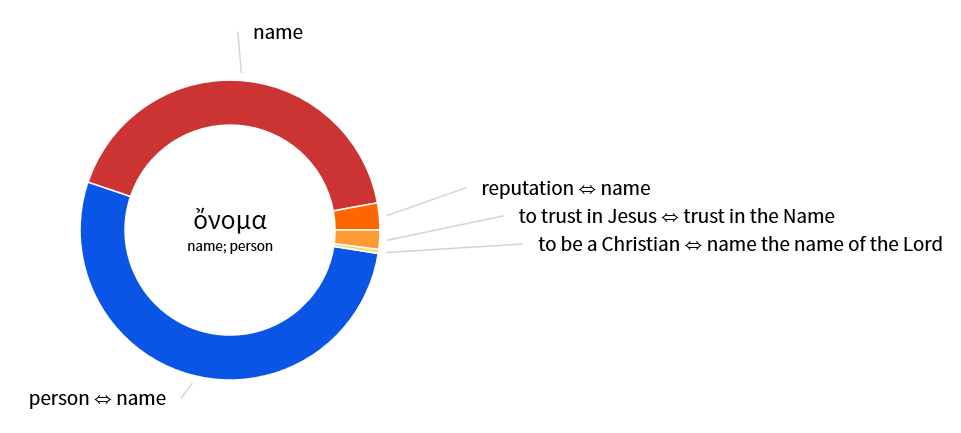In the same Philippians 2:6, just before the sentences you have adduced, it is said that Jesus even before His historical Incarnation was in the very reality/form of God and equal to Him, thus Jesus even before the historical Incarnation possessed in eternity the same divine name and dignity as God the Father and was worshipped together with the Latter.
But what does it mean that "God gave Him the name" as a consequence of His crucifixion and death on behalf of humanity? And this was indeed the name κύριος, as you rightly say, but not Caesar or Emperor, for those are venerated and obeyed only by their subjects and not even by subjects of other states, whereas Jesus is worshiped by the entire creation, visible and invisible, earthly and heavenly, just like God is. But, again, if He always was equal to God and always possessed this feature of being worshipped by all, how then God gave Him this after and because of the death on the cross? The answer is that not only His divine nature bears now this name, but also His human nature, that He is the Lord not only as eternal God with eternal God (John 1:1-2), but now also as a man, as a bearer of human nature, in which nature the death has been conquered and which nature also has been deigned worthy of being worshiped due to the reason that since the Incarnation it eternally belongs to the Person of God-the-Son.
Thus, the expression "every tongue should confess that Jesus Christ is KURIOS, to the glory of God the Father" simply means, that unless one asserts divinity of the God-Incarnate, God-Man Jesus Christ, no glorification of Father is possible, for to deny the divinity of the Son and not worship Him, excludes glorification of the Father, but is rather an insult to the Father. No-one who does not have Son, that is to say, does not have Him as the Lord and God to be worshiped, has Father as God (1 John 2:23).
Moreover, just one more point, for it is of a crucial ontological-theological importance: who gave the name KURIOS to also the human nature of the Logos, of God-the Son? Father of course! But Father not only does nothing but through the Son, but is perfectly impotent to do anything without the Son, through Whom He has created the entire universe and through whom He works all His deeds forever (John 5:17), just as the Son is perfectly impotent to do anything but together with the Father (John 15:19) - (with exception of deeds connected specifically to His human nature, like sleeping, eating, weeping, getting tired, feeling pain and fear etc. which He does not share with the Father). Thus, the consequence is, that God gave the name κύριος to the human nature of His Son (i.e. His co-eternal Logos), through His Son. Therefore, would it be correct to say also that the Son gave to Himself, that is to say, to His own incarnate self, to His own God-Man-hood the name κύριος? Yes, indeed! For Father's and Son's activity is one, and as the Father gave, so the Son did.

